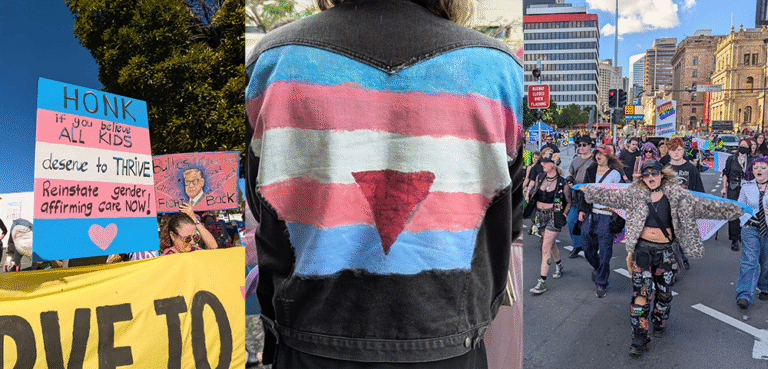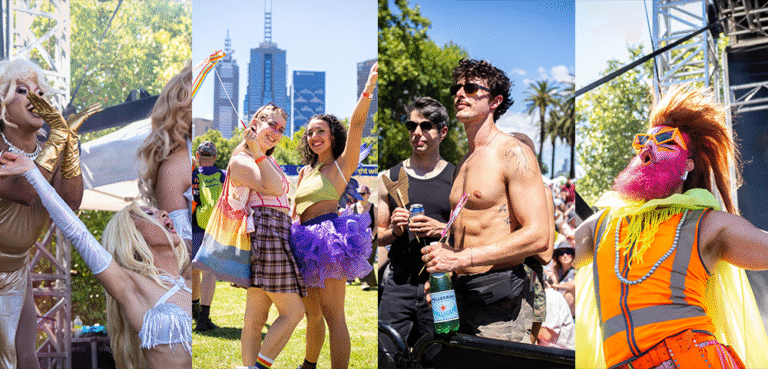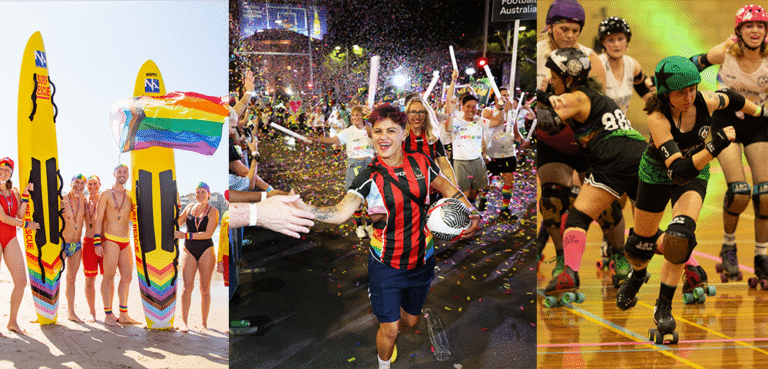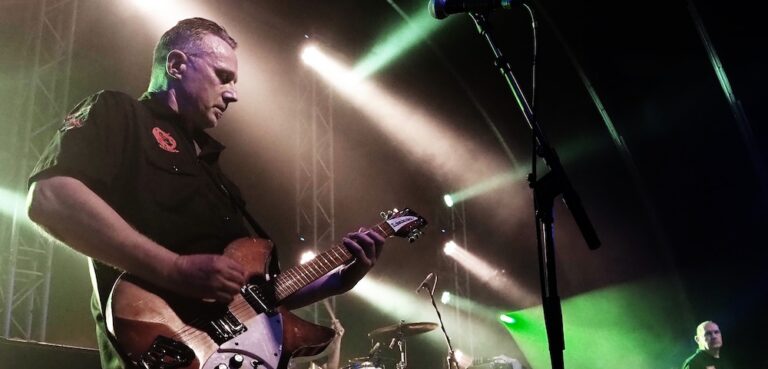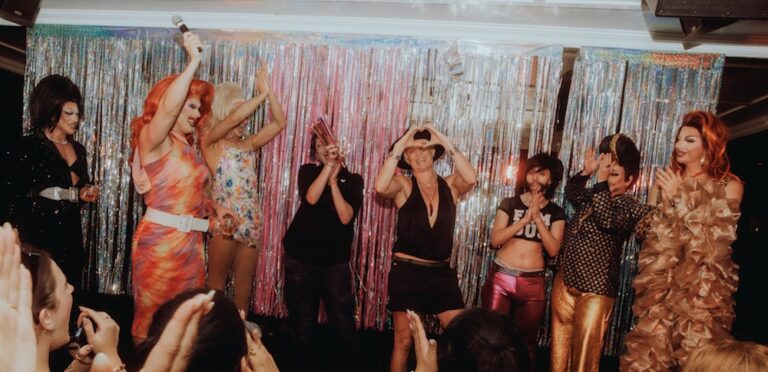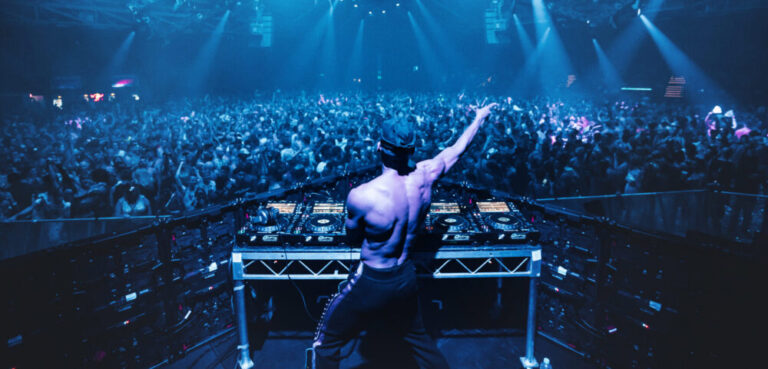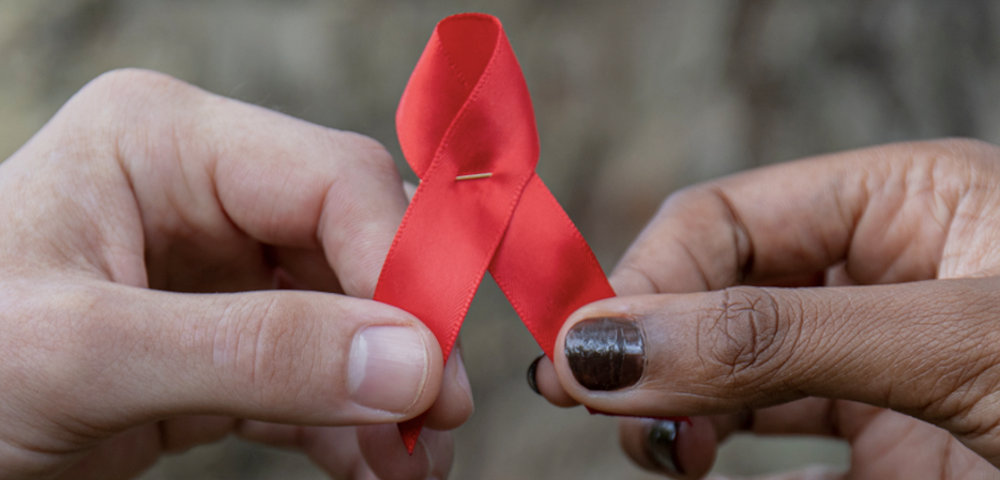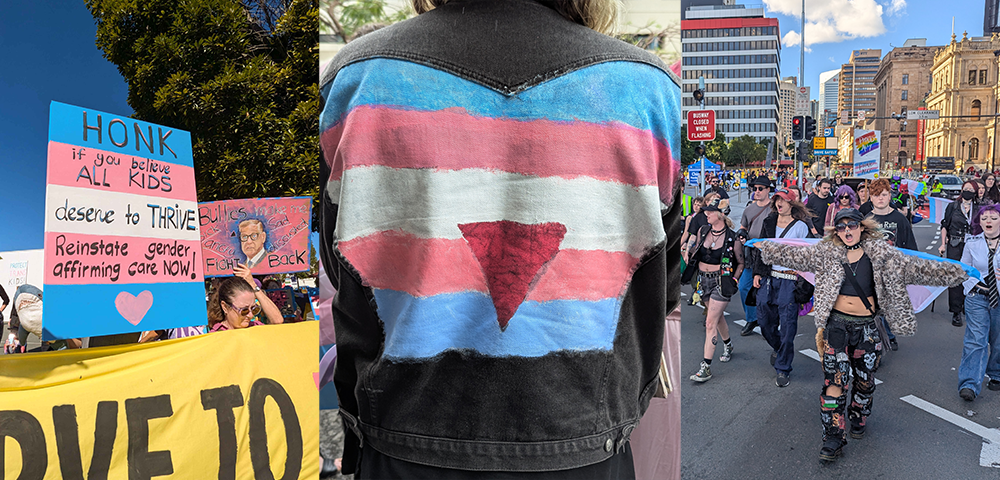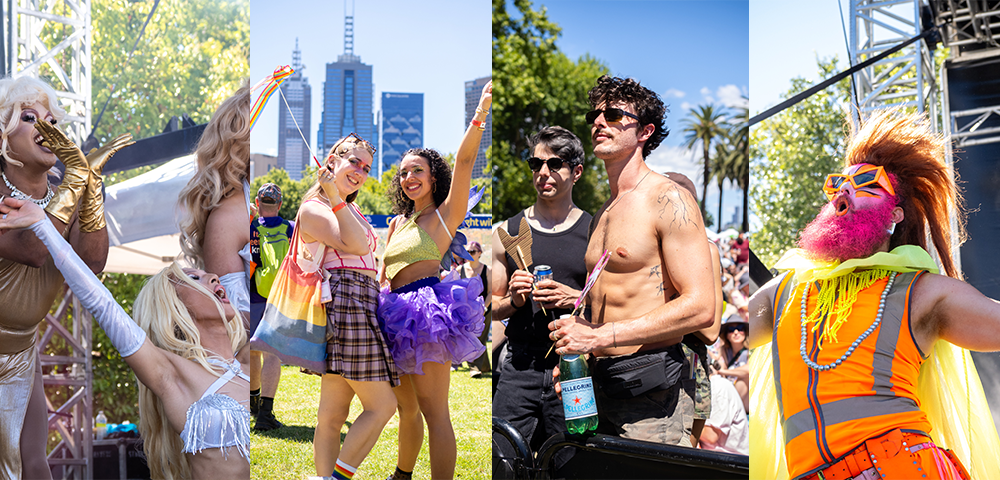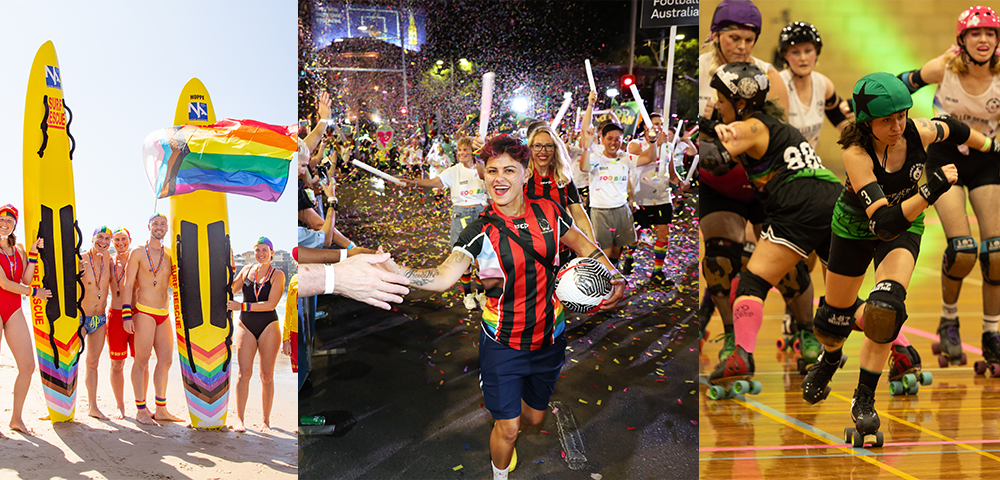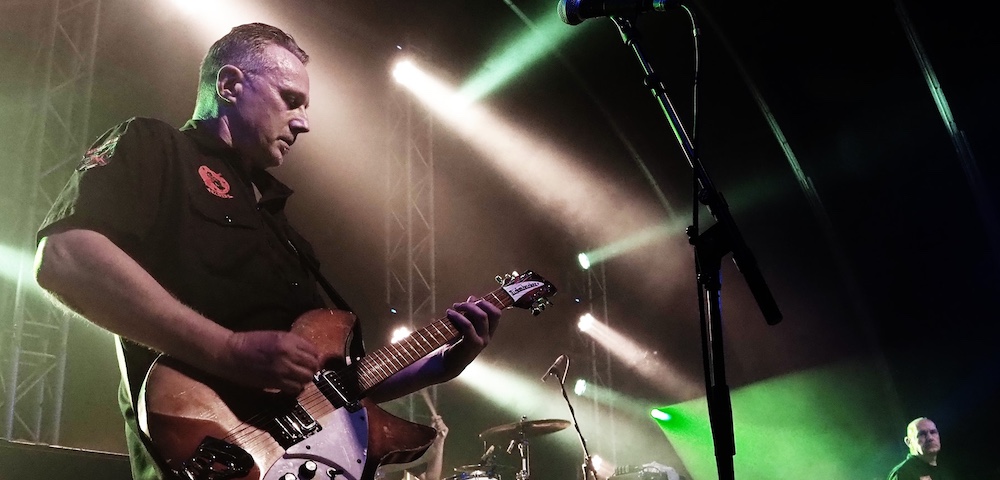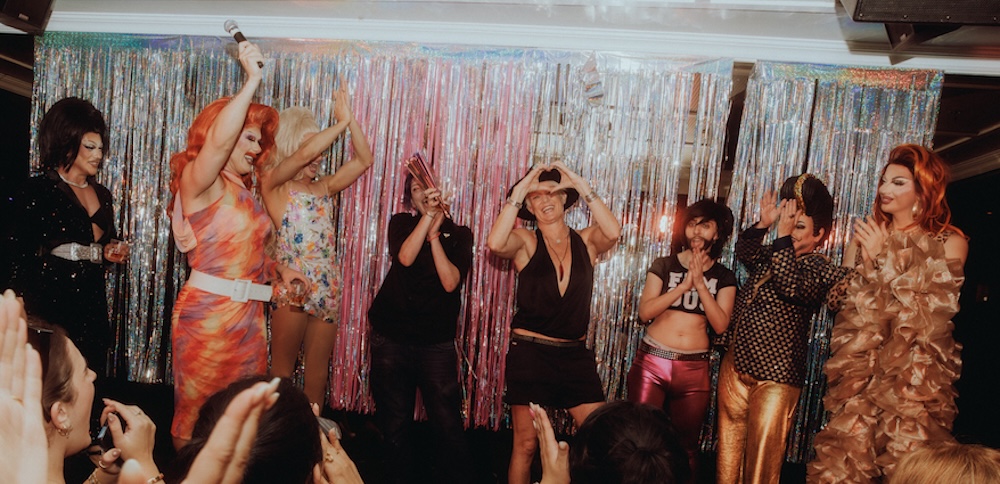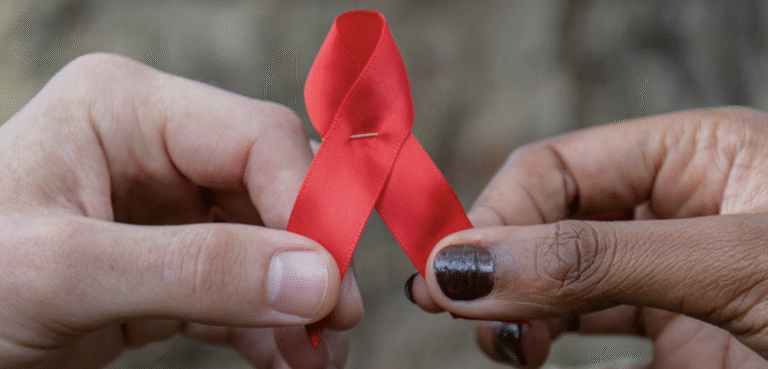
daunting tasks in Kenya
Kenya’s founding president, Jomo Kenyatta, famously declared in the 1960s that there was no African word for homosexuality and the practice was un-African.
In 1999, the country’s second president, Daniel Arap Moi, said, “It is not right that a man should go with another man or a woman with another woman.
“It is against African tradition and Biblical teachings. I will not shy away from warning Kenyans against the dangers of the scourge.”
Nakuru-raised John (name substituted), 28, says that Kenyatta and Moi come from the same vintage and share the same tunnel vision.
“Those former presidents believe homosexuality was introduced to Africa by the English and as such is a post-colonial development to our society. Their view is that homosexuality was not something in Kenyan — and indeed African culture — prior to the colonial period,” John told SSO.
With Kenya’s former leaders holding such oppressive views, it was no wonder there was a sense of optimism when, after 39 years in power, the Kenya African Union was democratically defeated by the National Rainbow Coalition in 2002.
“There was a change of Government for the first time but even then the situation has not become easier for gay people in Kenya,” John said.
“Many of my friends still feel oppressed. It’s very secretive, very undercover. There are people who blackmail gays for financial gain. You might arrange to meet with someone and then they threaten to expose you if you don’t pay them.”
David Kuria is the manager of the Nairobi-based Gay and Lesbian Coalition of Kenya or GALCK, an umbrella group for four LGBTI organisations. GALCK’s vision is to facilitate a safe and enabling environment for LGBTI organisations and individuals in Kenya.
“The elections of 2002 ushered in a more human rights sensitive Government. This is, however, not to mean they are any less likely to persecute LGBTI people in the country,” David said.
“There are individuals, however, in this Government who can be talked to and can lend a listening ear to LGBTI rights concerns.”
Although rarely prosecuted, the sodomy laws inherited from England remain on statute.
“The change that we want is through legal reform, so that homosexuality may be decriminalised, but also the enactment of protective laws for the LGBTI people in Kenya. This change will be effected through lobbying political leaders, through court processes and through public education,” David said.
“This is a daunting task that will take many years to even begin making an impact on the lives of ordinary gay and lesbian people, but work that has to be done.”
John, who works in the health profession, has been in Australia for 10 years.
“If I’d stayed in Kenya, I would be married with kids now. It’s what you do there. Because I find myself in a position that I could express myself, then I did. If I was in a society that I was forced to oppress myself then I’d take what was on offer.”
